It wasn’t quite a given that Portland native Ben Dobler would work with beer for a living, but his uncle was brewmaster at BridgePort Brewing Company got his 19-year-old nephew a job on the bottling line back in 1993. Now Dobler has been brewing at Widmer Brothers Brewing since 1996. We met at Widmer Brothers Gasthaus on April 21, and Dobler shared several insights that hint at why he’s found hop-fueled success.
Was it a given that you’d work with beer for a living, or did you consider other careers?
Honestly, it was luck. I really consider myself a function of luck. I was 19 and basically taking community college classes here in Portland. I was kind of following the [Grateful] Dead on the side. I was obviously at that path, “Okay, I can continue to follow the Dead, and I can get a job in the Forestry service.” I had hair down to here [chest], and out of the blue my uncle called me. He was the head brewer at Bridgeport. So this is back in 1993, and he said, “Hey, we’ve got an opening on the bottling line. Do you want to come down?” I said, “Yeah, beer sounds pretty cool.” He said, “No, you’re not going to be drinking. You’re underage, but you can work.” Went down and my first day, I guess my interview, if you will, the production manager handed me a pair of boots and gloves and walked me into the bottle shop and everybody had long hair, Motorhead was blaring on an old LP player on a windowsill, and it was just a bunch of dudes who looked like they were having a really good time for it being 5:30 in the morning. He said, “Well, here’s what we’ll do. Go in there, it will be about an eight, nine-hour day, and we’ll talk afterwards. If they think you’re an asshole, it’s probably not going to work out. If you think they’re assholes, it’s probably not going to work out.” Fair enough. It worked, and it was a great experience. You don’t get hired like that anymore in this industry. He and I worked together for about three years, and we finally just started to butt heads.
You and your uncle?
Yeah, exactly. I’d moved over into the brewing department by that time, so I learned to brew there, so I just started applying other places. He knew I was. I was like, “Hey, I’m moving out of here.” He’s like, “Hey, that’s fine.” So I applied here and I’ve been here now, June will be my 16-year anniversary. Since then, I technically educated myself at the Siebel Institute in Chicago. I’ve just kind of grown up figuratively and literally in this industry.
Do you have a first beer memory, good or bad?
Yeah. Ironically enough, it was before I started working at Bridgeport, but I knew that my uncle was working there. I definitely wasn’t of age, but had procured a six-pack of Bridgeport Blue Hair and I was like, “I’m going to try this microbrew,” because of course it was called microbrewing back then. Honestly, I thought it was terrible. I tasted it and it wasn’t love at first sight. There was so much malt and hops, and just alcohol and complexity. I was kind of used to drinking PBR, Rainier, Lockheed, your standard domestic lagers. Experiencing this full flavor assault on my palate, it was a new experience. I remember that first bottle. It was work to get through, but you build up your palate. That’s kind of how I looked at it.
What was the first beer that you ever brewed, and how did it turn out?
I’ve only homebrewed twice in my life, and those were with friends on their rudimentary systems. Having worked in the industry and having access to nice equipment, I never really liked homebrewing all that much because there was not enough analytical instruments to give me feedback as to how things were progressing, and just things like hydrometer and that kind of stuff, or just monitoring sugars. I didn’t like it, and if I remember correctly, both batches were just horrendously bad.
I guess the first recipe I ever formulated was a Russian Imperial Stout in 1998, here, and that finally kind of came to fruition. We bottled it last year, as our W11, the Brewmaster’s Release Series. The beer, which was called KGB, was a huge success. People were very excited about it. Off and on, since ’98, we would do a batch down here from time to time. We’ve got a unique situation here where we have a 250-barrel brewhouse, but we have a 10-barrel pilot facility, so we can do this small batch development. I did it for that. It was in ’99. We entered into the North American Beer Awards in Idaho Falls, and it won a gold medal. So it’s kind of like, “Sweet.” For the first beer, I would call it the Russian Imperial. That would be the one. I was really, really happy.
What’s the criteria for a beer that you brew at Widmer?
Mood. I think we’re at a stage now of maturity that the public is now educated. The palates are now educated. We can start to push the envelope a little bit more with beers and beer styles and how we want to interpret them. So for us, when we’re talking about a new seasonal or Brewmaster’s Release Series, it’s mood. What do you feel like doing? What haven’t we done? We put a fair amount of what I would say emotion into it, just because it’s not necessarily what we want to specifically drink, but it’s going to have attributes of what we’re looking to drink. Personally, if I was making beer that I wanted to drink, for everybody else, it would probably be a 4.5% English mild.
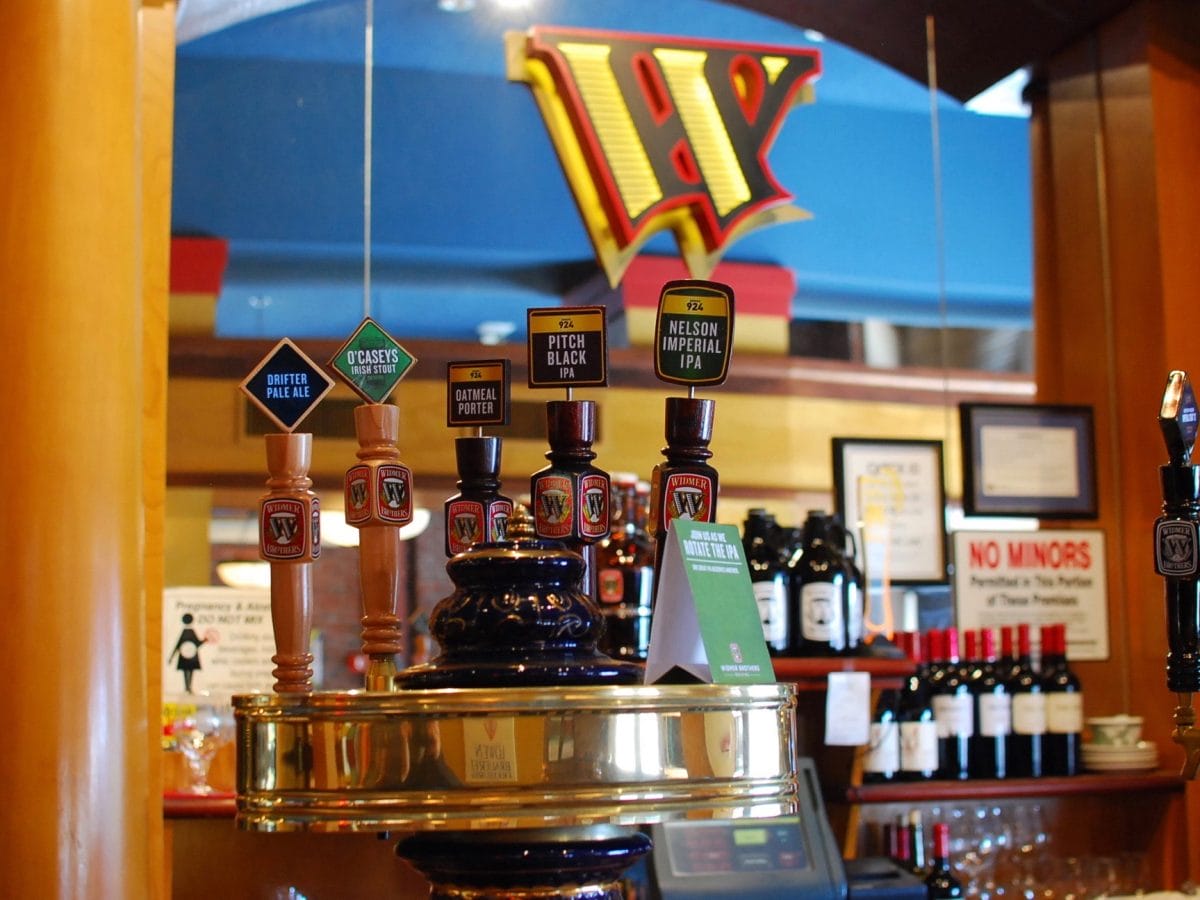
Does it make your job easier or harder to have so many craft breweries in Portland?
I think it makes it more interesting. First and foremost, we’re all really good friends. We all go drinking together. At festivals, we all hang out. So on the brewing side there really isn’t competition that makes it hard or easy, it’s just interesting to get inspiration from what my other friends are doing in the industry. If I see somebody make a raspberry wheat beer, then that could inspire me to think, “Woo, what if we added mint to that.” Or somehow taking inspiration from what others do. I honestly kind of think what craft beer is. We embrace tradition, but at the same time we kind of throw it out the door as well and uniquely interpret how we want this pale to taste or this IPA to taste, or this stout to taste. I don’t really look at it as easy or difficult in that sense. It’s just more kind of inspiring.
How do you feel about collaborations, and do you have any in the works?
Our philosophy on collaborations has always been, they need to serve a purpose. There has to be a specific purpose aside from just like, “Hey, let’s get two big names together. You’re a big name on the West Coast. You’re a big name on the East Coast. Let’s make a beer together.” So for us we have been doing collaborations since the late ’90s with our local homebrew club, the Oregon Brew Crew. It’s called the Collaborator Project. That makes perfect sense because Kurt and Rob started off as homebrewers. They have stayed really true to that relationship of embracing the homebrewers. So I think we’ve got a porter on right now that they did. We do collaborations with homebrewers locally and a new series we’re doing, our Rotator Series, is a rotating IPA series. There are four releases a year that we’re doing, and one of the four, we’re going to collaborate with a homebrew club throughout the United States. The last one we collaborated with was QUAFF out of San Diego. They came up with a chai spiced IPA that we then implemented, gave them kudos and credit. Obviously if you’re a homebrewer and a national brewery is taking your recipe and scaling it up from your five gallons and translating that into 10,000 barrels, I imagine that feels pretty cool.
Quite an honor.
We’ve got some other potential collaborations in the works. Not to be mysterious about it, but it’s involving international brewers that have relevance to the history of Widmer Brothers Brewing, so we’re excited to see if we can do something with that.
Who’s a brewer you’ve never brewed with before that you’d most like to brew with?
INTERVIEW CONTINUED ON THE NEXT PAGE

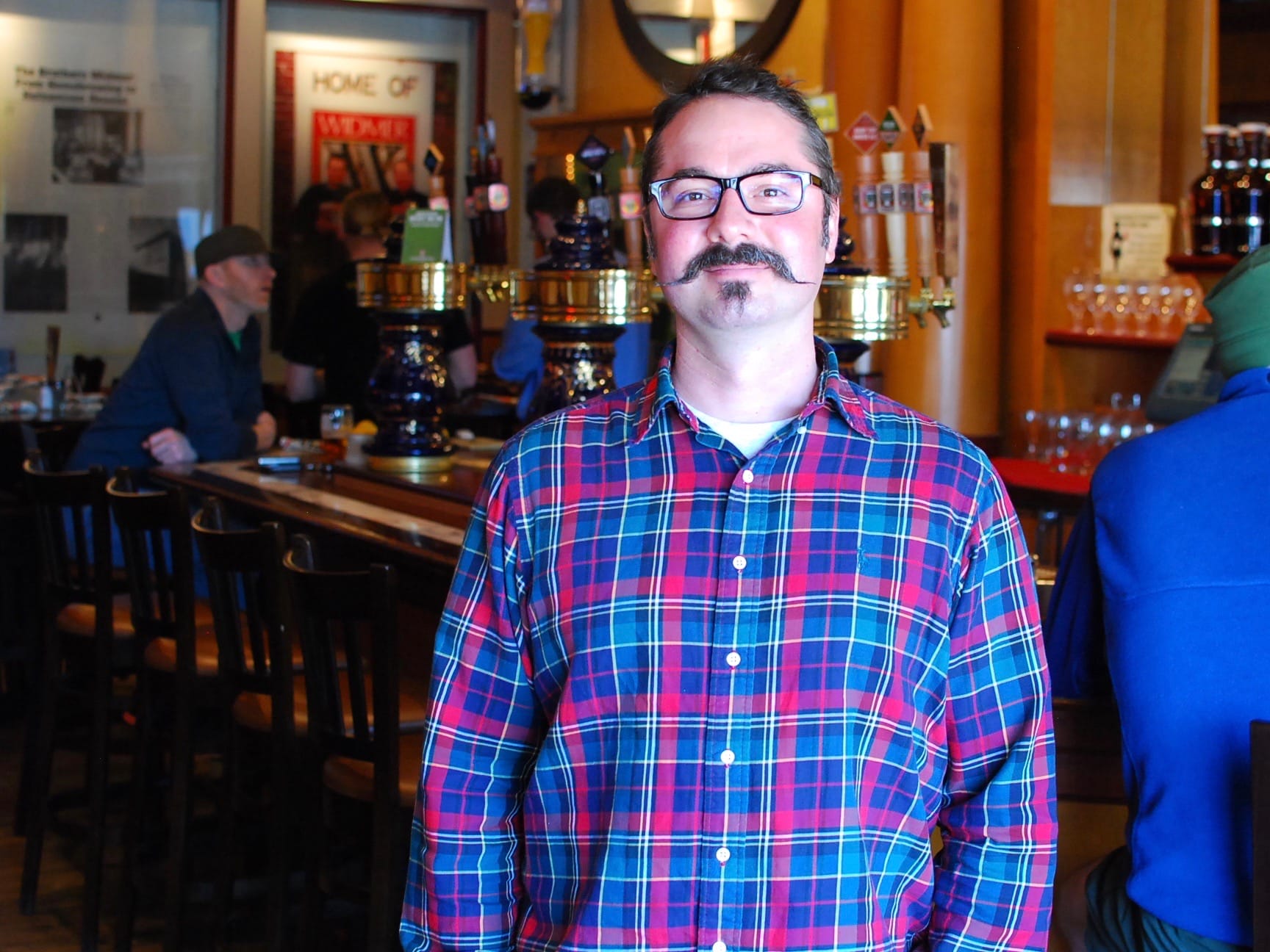
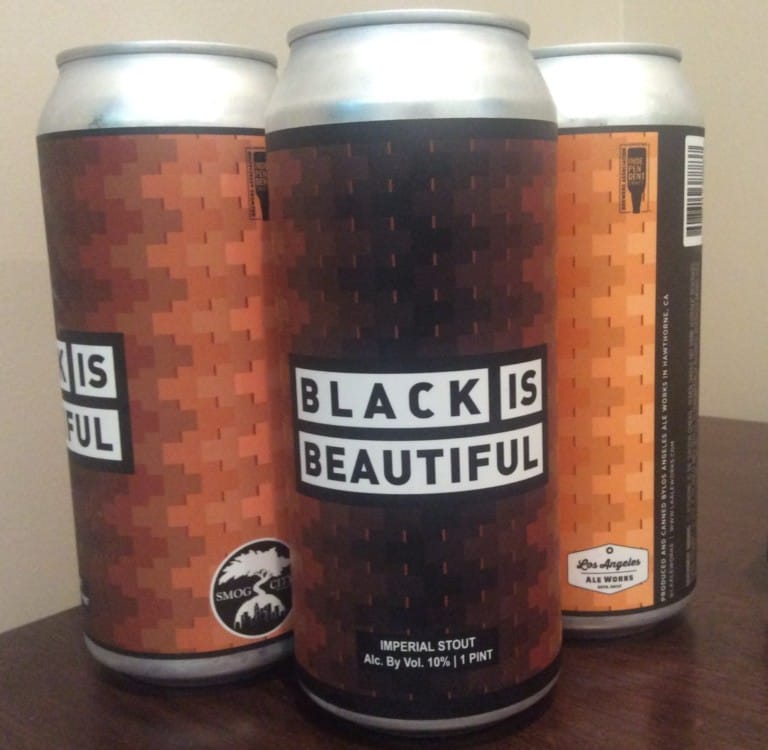
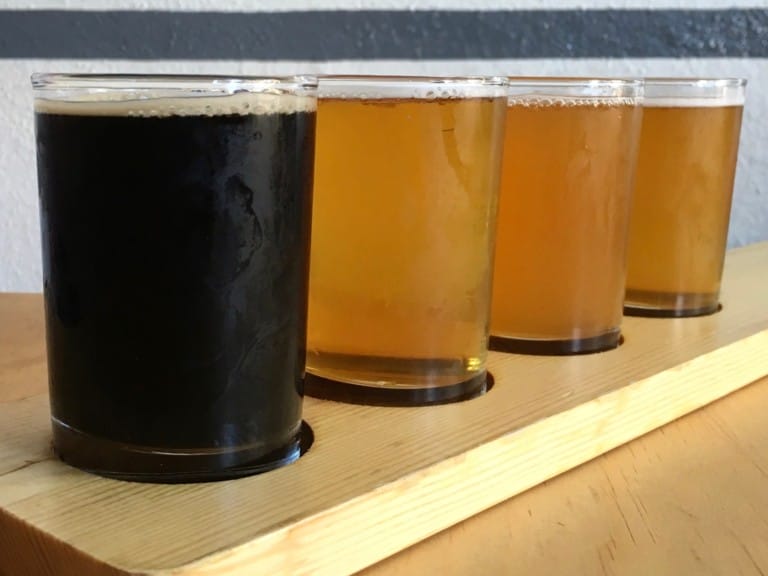
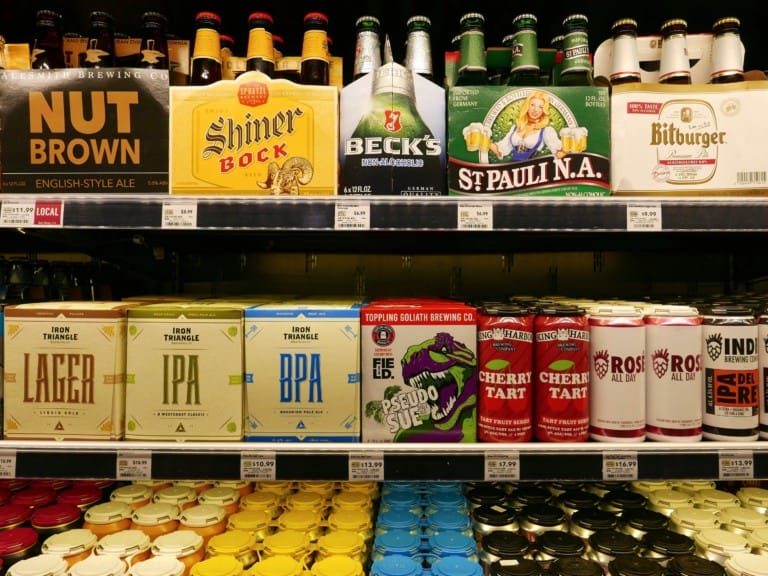




Blog Comments
sophia
April 27, 2012 at 2:20 AM
I had to comment (I’m a ghost reader) when I saw Ben’s mustache. That is badass. I half-expect him to ride a motorcycle with a leather jacket. I had a dinner party with another professional brewer (coffee, nor beer) and he sported the most awesome mustache, too.
I know craft beers are a big thing in Portland, so I think it’s a cool image to think of all the brewers sharing a drink together. 🙂